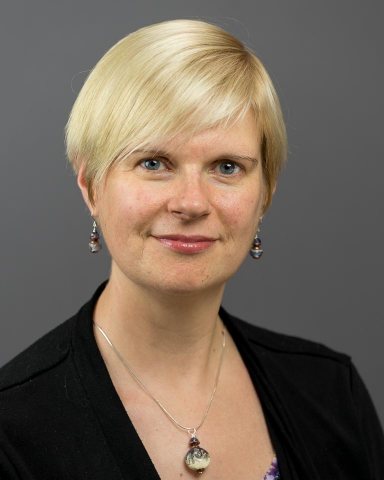Hi! With COVID restrictions slowly going away, we’d love to announce that *Jeonju-North Jeolla KOTESOL* will be hosting our first workshop since December 2019. We’re so excited for this reboot, and we hope you can join us.
*KOTESOL (Korea TESOL)* is an organization run by teachers for teachers. We offer workshops and conferences where teachers can learn new ideas to add to their classroom repertoire, and be encouraged in their professional development.
For this first workshop, we will spend a little time introducing KOTESOL, and then we’ll have a workshop from Lindsay Herron on using *games in the classroom*. She will share a variety of options, so this presentation should work for teachers of all levels (kindergarten, elementary, hagwon, middle school, high school, university).
Please save October 15th for this event! We will be meeting at ‘I CAN!’ English Academy in SamCheon-dong in Jeonju. We will be open at 2:45, with the presentation starting at 3 p.m. Meetings usually run from 3 to 5 p.m., followed by dinner for anyone interested in joining in. Workshops are free to attend, and dinner is paid for by those who wish to attend after the meeting.
We hope to see you on the 15th!
Presentation info:
Easy-to-Adapt Conversation Games: Some Basic Types to Take and Tweak
Are you looking for ways to encourage speaking in your English conversation class? This workshop can help! Participants will have the opportunity to experience a wide variety of games and game types. All are communicative and thus require students to listen and speak for a purpose; in addition, all provide a strong, engaging context for language use. By the end of the workshop, attendees will be thinking more creatively about how to incorporate games into their classes and will have three to five basic structures that can be readily adapted to any lesson they teach.
The focus of the workshop will depend on attendees’ interest. Attendees can choose from among these game types (largely drawn from the work of Jill Hadfield):
- Guessing games, in which one or more players have information, and the other players try to guess it;
- Search games or puzzle-solving games, in which players must talk with each other to gain different information and then use that information to solve a puzzle;
- Matching games, in which players try to match corresponding cards or information;
- Matching-up games, in which players each have a different list of possibilities, and then they use discussion and compromise to reach an agreement;
- Exchanging and collecting games, in which players have certain items they can exchange with other players in order to complete a set;
- Grouping games or combining activities, in which players use the given information to arrange themselves into a group;
- Arranging or sequencing games, in which players must exchange information in order to arrange something in a particular order.
The Presenter
Lindsay Herron has been a visiting professor at Gwangju National University of Education since 2008; prior to that, she taught English on a Fulbright grant at a boys’ high school in Jeju-do. She is currently finishing a doctorate in language education at Indiana University Bloomington (Indiana, USA) and spends most of her free time volunteering for KOTESOL, including as the president of the Gwangju-Jeonnam Chapter and chair of the Membership Committee.



